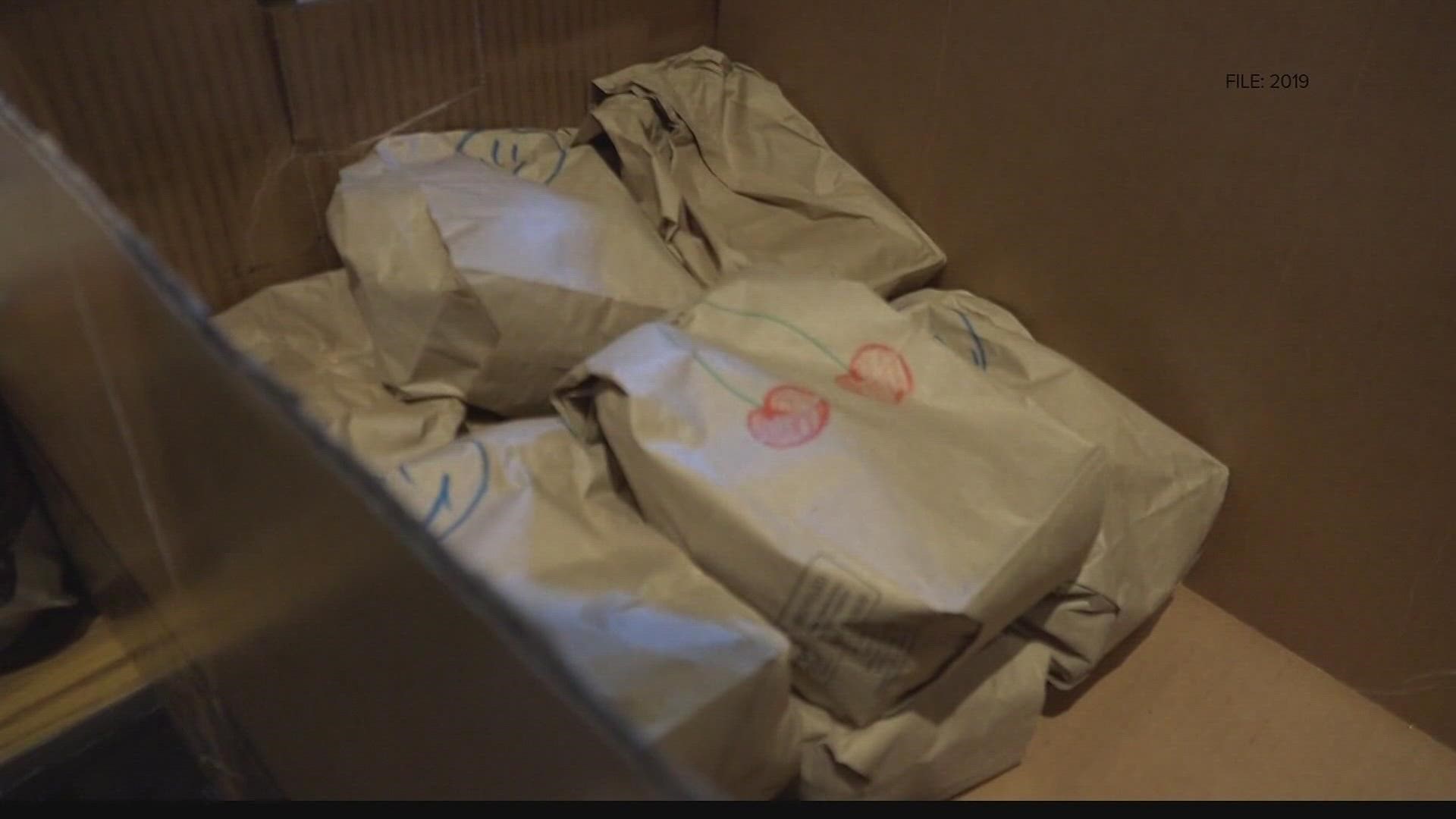ATLANTA — Inflation is on the rise across the country and with the cost of everything from gas to groceries increasing, food banks have become a reliable safety net for many families and individuals who need extra support.
However, even Atlanta’s most popular food distributors are fighting to provide enough resources to their communities. MUST Ministries is one of them.
Over the past year, they have seen the demand for services grow to what President and CEO of MUST Ministries, Dr. Ike Reighard, calls “pre-pandemic levels.”
“It's continuing to increase," Reighard said. "We see it really exacerbated because we do a summer lunch feeding program. This is our 27th year and this is the most confusion and difficulty that we've ever had in conducting the program."
Every year, MUST Ministries conducts a summer lunch program that aims to feed 6,000 children every week. This year, due to donation and supply chain shortages, the nonprofit struggled to acquire enough food to reach that goal.
In addition to the summer lunch program, MUST also feeds the metro Atlanta community through regular food pantries and 30 year-round school pantries in Cobb and Cherokee counties. These locations feed more than 100 schools, but with inflation at a 40-year high, MUST is struggling to keep up with the demand.
“We're probably paying, I would think, somewhere around 15% to 20% more,” Reighard explained. “And it's not just that it's costing us more, but it's also the fact that there's not the selection that we've had in the past where we've been able to go in and buy in bulk and you're able to save money.”
He said while they were once able to buy pallets of food at one place, MUST has been reduced to going to multiple places to get necessary items. One of the biggest ways MUST has mitigated this issue is by creating as little waste as possible and have started purchasing items that their clients truly need.
Reighard has felt the way the rise in inflation has affected donors as well, and this coupled with other factors has contributed to the gap in being able to meet the level of the need that they have.
Still, he has seen the way donors have continued to give outside of financial contributions, including packing and gifting a summer lunch to a kid for their program. Reighard said that is the kind of support that makes all the difference.
“It's not always the super huge financial donation. It's people sparing what they can to be able to help us, just simply distribute it and to make sure that we're feeding and housing as many people as we can,” he stressed.
Although the organization is facing shortages and financial difficulties at the moment, Reighard said that MUST's future is bright. He expects the holiday months to be just as busy and stressful, but their doors will always remain open to the community.
“It's just not an option of whether or not we're feeding people. We're going to feed people until we're down to the last can on the shelf, and we're just hoping and praying that we're not ever going to get to that point in time," he said.

